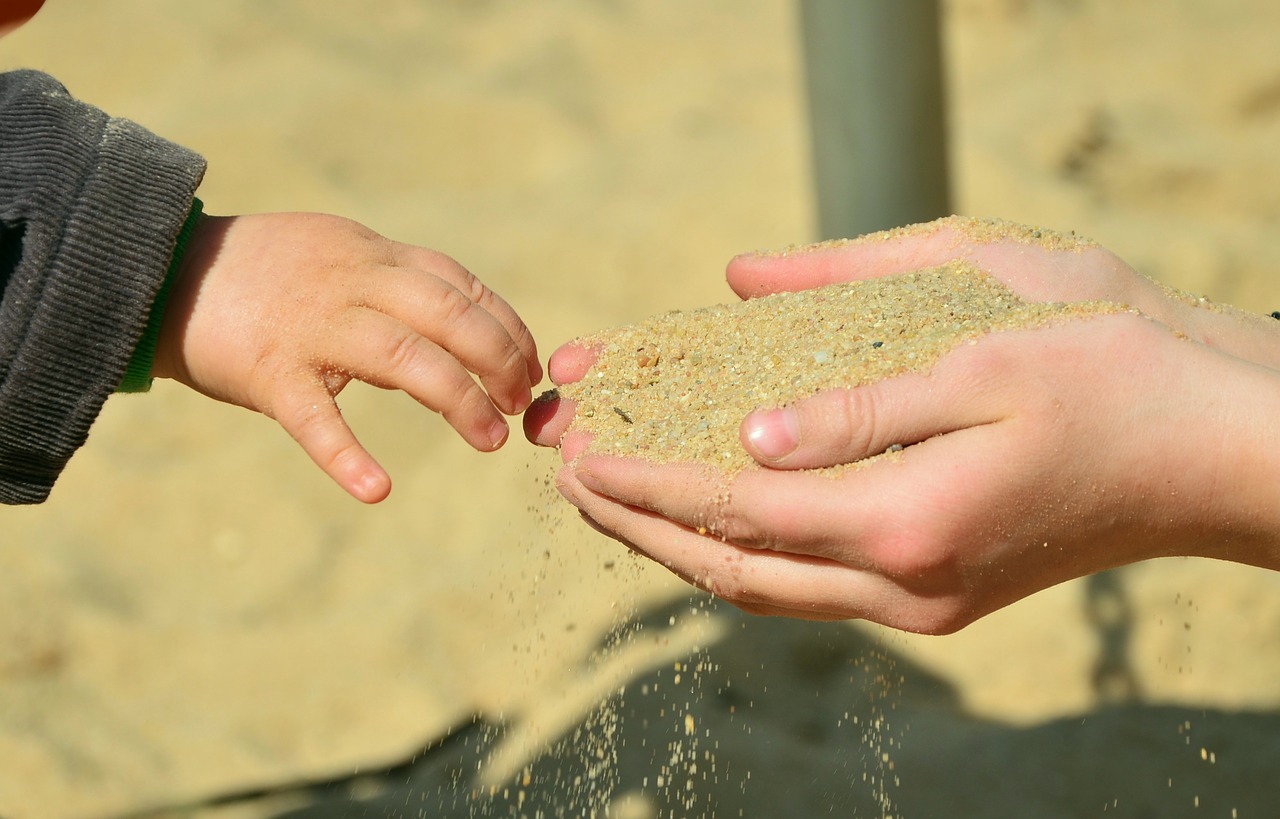João Carvalho, Researcher, University Institute of Maia, Portugal
Paulo Delgado, Researcher, Escola Superior de Educação do Porto, Portugal
Vânia Pinto, PhD student, University of Oxford, United Kingdom
This study aims to analyse risk judgments and reunification decisions made by a sample of 200 professionals of the Portuguese child care system and 200 higher education students of social work and similar areas, in face of a case vignette of a child in foster care. Using the Judgments and Decisions Processes in Context model (Benbenishty et al., 2015), we evaluated and compared the decisions of professionals and students regarding physical and emotional risk, and whether to reunite the child with their biological family after two years of foster care, influenced by the characteristics of the case, the decision-making context, and the child’s wishes. We concluded that the assessments of physical and emotional harm are higher for the professionals’ group, and when the child is against reunification. The large majority of professionals and students recommended the permanence of the child with her foster carers. However, they both recommended reunification more frequently when the child wishes to come back home. We also performed some comparisons with studies made in other countries (Israel, Spain, Northern Ireland and The Netherlands), concluding that the country context can be an important factor that leads to different outcomes. Implications for both practice and research are presented.
Key-words: Foster care; Reunification; Risk assessment; Child abuse; Child care policy and practice
